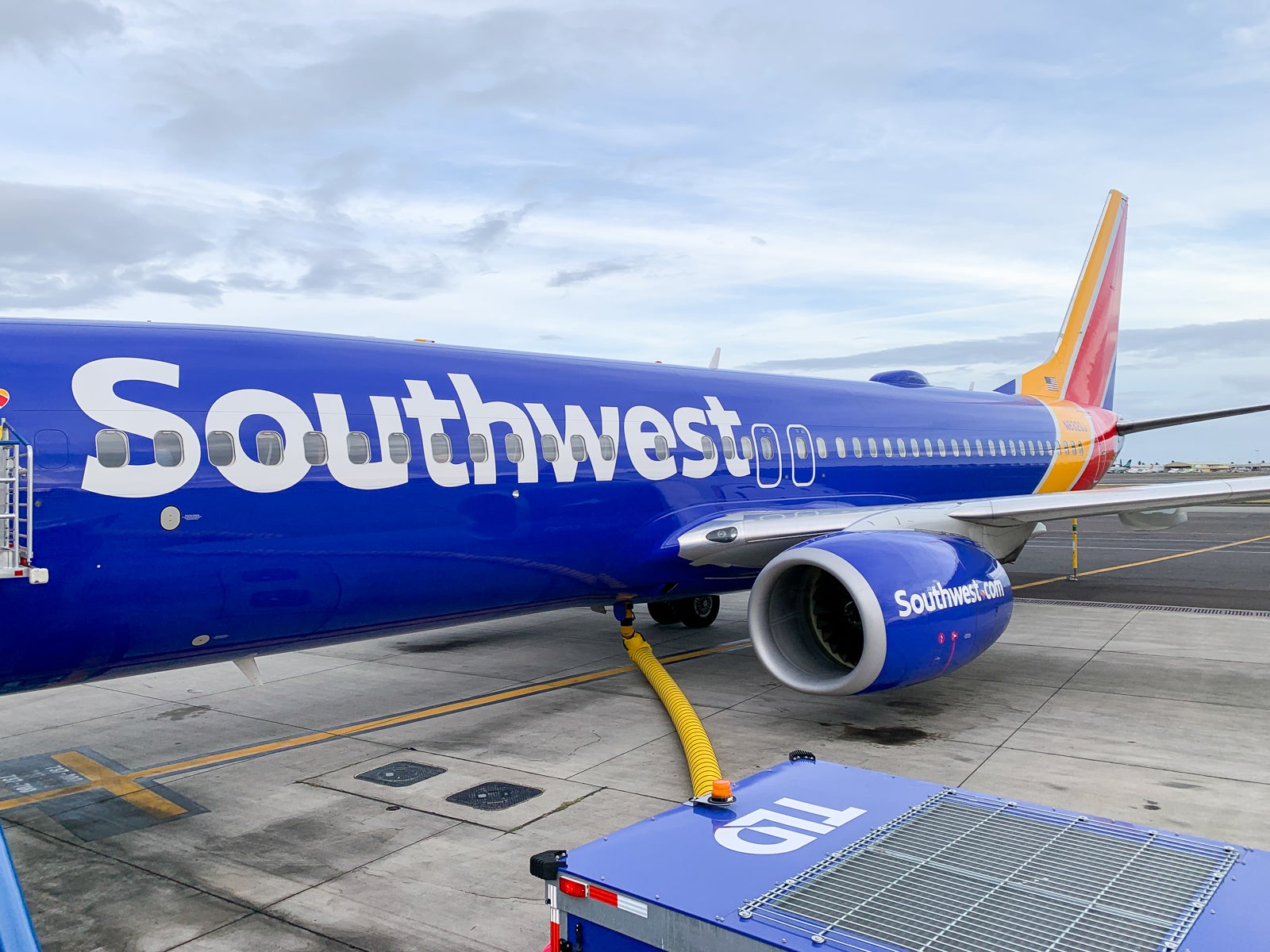Exclusive: Southwest increases Companion Pass requirements, eliminates point expiration
TPG has the first look at big changes Southwest is making to its Rapid Rewards program — one positive and one negative — as well as announcing a minor change to its same-day standby policies.
Points no longer expire
Let's start with the good news: Starting Oct. 17, Southwest Rapid Rewards points will no longer expire. Before today, Southwest required earning activity within the past 24 months to keep points from expiring.
As someone who didn't read this policy closely enough and had a few thousand Southwest points expire in February 2019, I'm happy to hear that others won't suffer the same fate going forward.
This policy change comes less than two months after United announced the elimination of its points expiration policy. Southwest and United join Delta and JetBlue in having no expiration policy. That leaves American Airlines and Alaska as two notable outliers in still having a mileage expiration policy.
Related: How to keep your points and miles from expiring
Increase to Companion Pass requirements
The bad news impacts one of our favorite travel perks: the Southwest Companion Pass. This perk entitles a Rapid Rewards member the ability to take a pre-selected companion with them on paid and award flights for only the cost of taxes and fees — which can be just $5.60 for one-way domestic flights.
Under current rules, a Rapid Rewards member needs to earn 110,000 Companion Pass-qualifying points in a calendar year to earn the perk. That requirement is being increased to 125,000 qualifying points.
The good news is that this change isn't going to take effect until Jan. 1, 2020. For those still working toward earning a Companion Pass in 2019, you'll still earn it once you earn 110,000 qualifying points.
This change is especially bad news for anyone who just signed up for new Southwest credit cards with the intention to wait until January 2020 to earn the sign-up bonus. Using this technique, numerous travelers have been able to use a Companion Pass for nearly 24 months — from early January of the first year to Dec. 31 of the following year.

While this credit card sign-up bonus technique is still the best way to fast track to a Companion Pass, the goal has now been increased for 2020 — requiring aspiring passholders to earn an additional 15,000 qualifying points above what they expected.
The ability to earn the Companion Pass by flying 100 qualifying one-way Southwest flights is staying the same.
Changes to same-day standby rules
The third piece of news isn't nearly as big as the others, and it doesn't take effect until 2021. However, a Southwest spokesperson tells TPG that the airline wants to be "completely transparent in providing customers information of upcoming changes" by sharing this change now.
Currently, Southwest A-List and A-List Preferred members can standby for an earlier flight for free under a policy currently named "free same-day standby." Starting Jan. 1, 2021, that policy is being tweaked to "same-day standby free of airline charges."
That means Southwest still isn't going to charge A-List or A-List Preferred members a fee to catch an earlier flight. However, Southwest will require passengers to cover any additional government taxes or airport fees that result from the flight change.
In discussions with a Southwest spokesperson, I understand that this could be generated by a change in the airport's Passenger Facility Charge (PFC) or government security fee between the time the flight was originally booked and the time of the flight change.
